Social Cohesion and Community Displacement in Armed Conflict: Evidence from Palestinian Villages in the 1948 War on Tuesday, February 02 from 12:30 to 1:45 p.m.


|
|
|
|
Social Cohesion and Community Displacement in Armed Conflict: Evidence from Palestinian Villages in the 1948 War on Tuesday, February 02 from 12:30 to 1:45 p.m.


|
|
|
|
The ENGR-HR Initiative is thrilled to announce that a paper authored by our colleague, Michael Rubin, won the American Political Science Association (APSA) Conflict Processes Best Paper award at the association’s 2020 annual meeting in September. The manuscript, entitled “Social Cohesion and Community Displacement in Armed Conflict” (APSA preprints link to the manuscript), explores local-level variation in patterns of conflict-related forced displacement, focusing on the context of the 1948 War in Mandate Palestine.
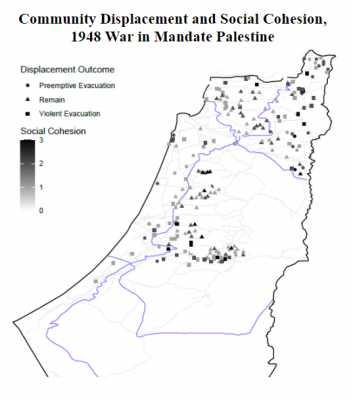
ENGR-HR faculty, Michael Rubin, published two articles during the Fall 2020 semester on Armed Conflicts and Human rights:
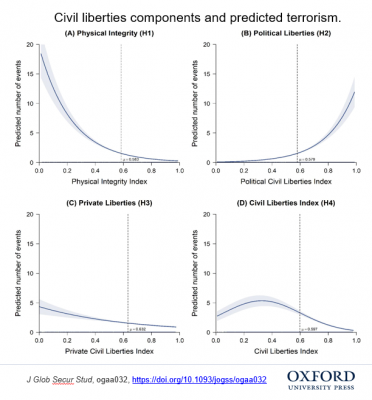 |
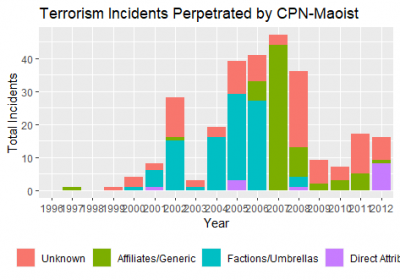 |
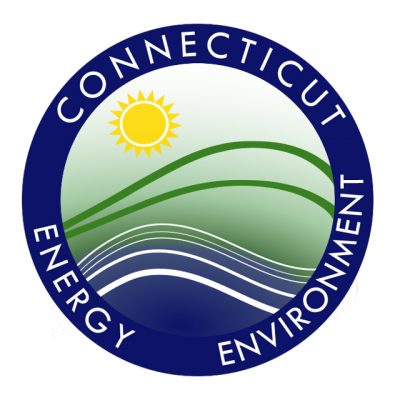 The Connecticut Governor’s Council for Climate Change (GC3) invited the Engineering for Human Rights Initiative to provide public comments on a set of draft reports that make recommendations to reduce greenhouse gas emissions and to adapt to climate change impacts in Connecticut. The reports cover seven key areas:
The Connecticut Governor’s Council for Climate Change (GC3) invited the Engineering for Human Rights Initiative to provide public comments on a set of draft reports that make recommendations to reduce greenhouse gas emissions and to adapt to climate change impacts in Connecticut. The reports cover seven key areas:
The GC3 was established in 2015, and it was expanded by Governor Ned Lamont in 2019 (see Executive Order No. 3) with the goals of implementing greenhouse gas emissions reductions strategies, preparing and adapting our state for the impacts of climate change, and ensuring strategies are equitable and protect the most vulnerable communities. The comments can be seen below.
 Loading...
Loading...

What do an engineer and a humanitarian have in common?
This question is at the core of the University of Connecticut’s Engineering for Human Rights Initiative.
Engineering is often thought of exclusively as a technological endeavor, but it has many societal implications and applications. Engineering can help bring clean water to people in the remotest corners of the world or protect democratic elections and freedom of speech by securing online platforms, just to name a few examples.
UConn’s Engineering for Human Rights Initiative aims to bridge the gap between STEM students and the good their work can do for people. The program is a collaboration between several organizations within UConn, including the Human Rights Institute and the School of Engineering.
The aim of the initiative is to allow future engineers to think about the ethical implications of their work. “We teach students to manage risk, enhance access to technology, and develop remedies for potential harms generated by their work as engineers,” says Shareen Hertel, associate professor of political science and human rights. Hertel, an expert on labor rights in global supply chains, has helped spearhead the initiative, which draws social scientists like herself into collaborative teaching and research with engineers.
Global issues like climate change have a real human cost, especially in places like poorer island nations that are susceptible to increasingly violent extreme weather events and often lack the resources to rebuild after them. Additionally, changing seasons are making fresh food scarcer for those who rely on farming for their food and/or livelihood.
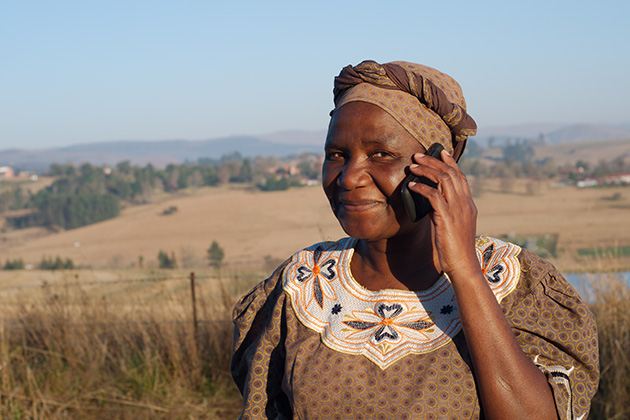
By William Weir, School of Engineering
Engineers play a major role in developing cell phones, but what responsibility do they have to consider the origin of the materials the phone is made of? Conversely, can they take credit for how the cell phone can protect African farmers from being swindled?
To address issues such as these, the School of Engineering and the Human Rights Institute have created a track of courses within UConn’s human rights minor that explores the social aspects of engineering, including energy, infrastructure, and water resources management.
“We looked to develop courses that contextualize human rights concepts and theories in an engineering practice,” says Shareen Hertel, associate professor of political science and human rights. “We on the human rights side found it really advantageous to reach out to the students who were going to do work with serious human rights implications but hadn’t thought about it that way before.”
Read More @ UConn Today — Original Article

When a white paper was issued earlier this year from a recent UConn conference addressing how to protect human rights and promote social and environmental sustainability in the light manufacturing sector, the document became the most recent addition to resources that help the 200 students pursuing either major or minor studies in human rights.
One of the classes these students can take is an interdisciplinary class, Assessment for Human Rights & Sustainability. Over the past four years, students in the class have examined how companies assess their global supply chains to ensure designs and business practices that promote positive social and economic development, while minimizing the environmental impact on the communities where they make products…
Read More @ UConn Today